Refine listing
Actions for selected content:
2333 results in Cambridge Elements
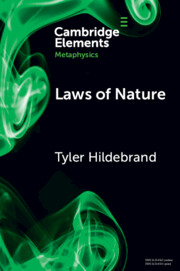
Laws of Nature
-
- Published online:
- 01 March 2023
- Print publication:
- 16 March 2023
-
- Element
- Export citation
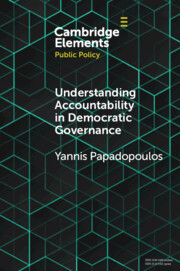
Understanding Accountability in Democratic Governance
-
- Published online:
- 28 February 2023
- Print publication:
- 09 March 2023
-
- Element
-
- You have access
- Open access
- HTML
- Export citation
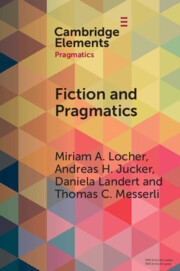
Fiction and Pragmatics
-
- Published online:
- 24 February 2023
- Print publication:
- 09 March 2023
-
- Element
-
- You have access
- Open access
- HTML
- Export citation
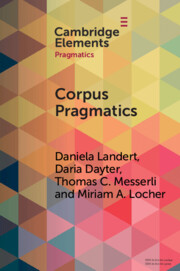
Corpus Pragmatics
-
- Published online:
- 24 February 2023
- Print publication:
- 09 March 2023
-
- Element
-
- You have access
- Open access
- HTML
- Export citation
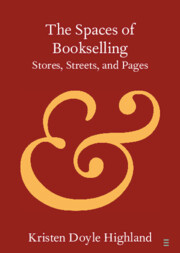
The Spaces of Bookselling
- Stores, Streets, and Pages
-
- Published online:
- 24 February 2023
- Print publication:
- 09 March 2023
-
- Element
- Export citation
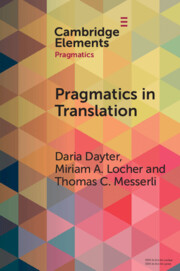
Pragmatics in Translation
- Mediality, Participation and Relational Work
-
- Published online:
- 24 February 2023
- Print publication:
- 16 March 2023
-
- Element
-
- You have access
- Open access
- HTML
- Export citation
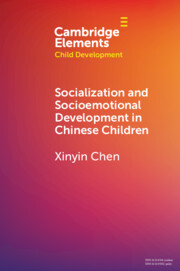
Socialization and Socioemotional Development in Chinese Children
-
- Published online:
- 24 February 2023
- Print publication:
- 09 March 2023
-
- Element
- Export citation
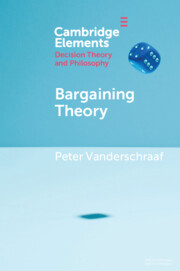
Bargaining Theory
-
- Published online:
- 20 February 2023
- Print publication:
- 09 March 2023
-
- Element
- Export citation
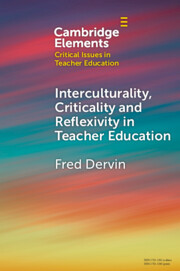
Interculturality, Criticality and Reflexivity in Teacher Education
-
- Published online:
- 17 February 2023
- Print publication:
- 09 March 2023
-
- Element
- Export citation

Victoria Welby
-
- Published online:
- 17 February 2023
- Print publication:
- 09 March 2023
-
- Element
- Export citation
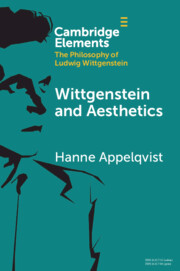
Wittgenstein and Aesthetics
-
- Published online:
- 17 February 2023
- Print publication:
- 09 March 2023
-
- Element
-
- You have access
- Open access
- HTML
- Export citation
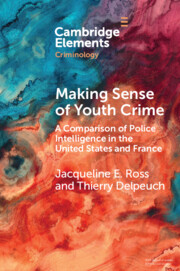
Making Sense of Youth Crime
- A Comparison of Police Intelligence in the United States and France
-
- Published online:
- 17 February 2023
- Print publication:
- 09 March 2023
-
- Element
- Export citation
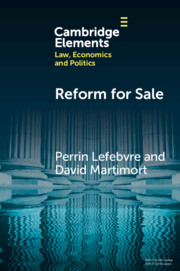
Reform for Sale
- A Common Agency Model with Moral Hazard Frictions
-
- Published online:
- 15 February 2023
- Print publication:
- 02 March 2023
-
- Element
- Export citation
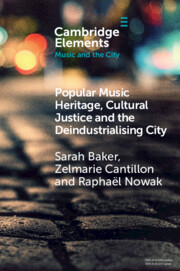
Popular Music Heritage, Cultural Justice and the Deindustrialising City
-
- Published online:
- 15 February 2023
- Print publication:
- 02 March 2023
-
- Element
- Export citation

Structure and Function
-
- Published online:
- 14 February 2023
- Print publication:
- 09 March 2023
-
- Element
- Export citation
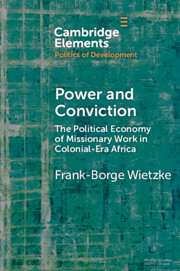
Power and Conviction
- The Political Economy of Missionary Work in Colonial-Era Africa
-
- Published online:
- 13 February 2023
- Print publication:
- 02 March 2023
-
- Element
- Export citation
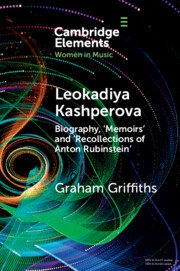
Leokadiya Kashperova
- Biography, 'Memoirs' and 'Recollections of Anton Rubinstein'
-
- Published online:
- 11 February 2023
- Print publication:
- 02 March 2023
-
- Element
- Export citation
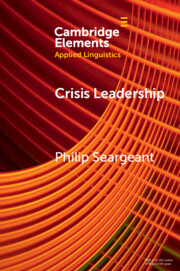
Crisis Leadership
- Boris Johnson and Political Persuasion during the Covid Pandemic
-
- Published online:
- 10 February 2023
- Print publication:
- 23 February 2023
-
- Element
- Export citation
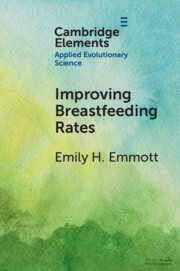
Improving Breastfeeding Rates
- Evolutionary Anthropological Insights for Public Health
-
- Published online:
- 10 February 2023
- Print publication:
- 23 February 2023
-
- Element
- Export citation

White Literary Taste Production in Contemporary Book Culture
-
- Published online:
- 09 February 2023
- Print publication:
- 23 February 2023
-
- Element
- Export citation
